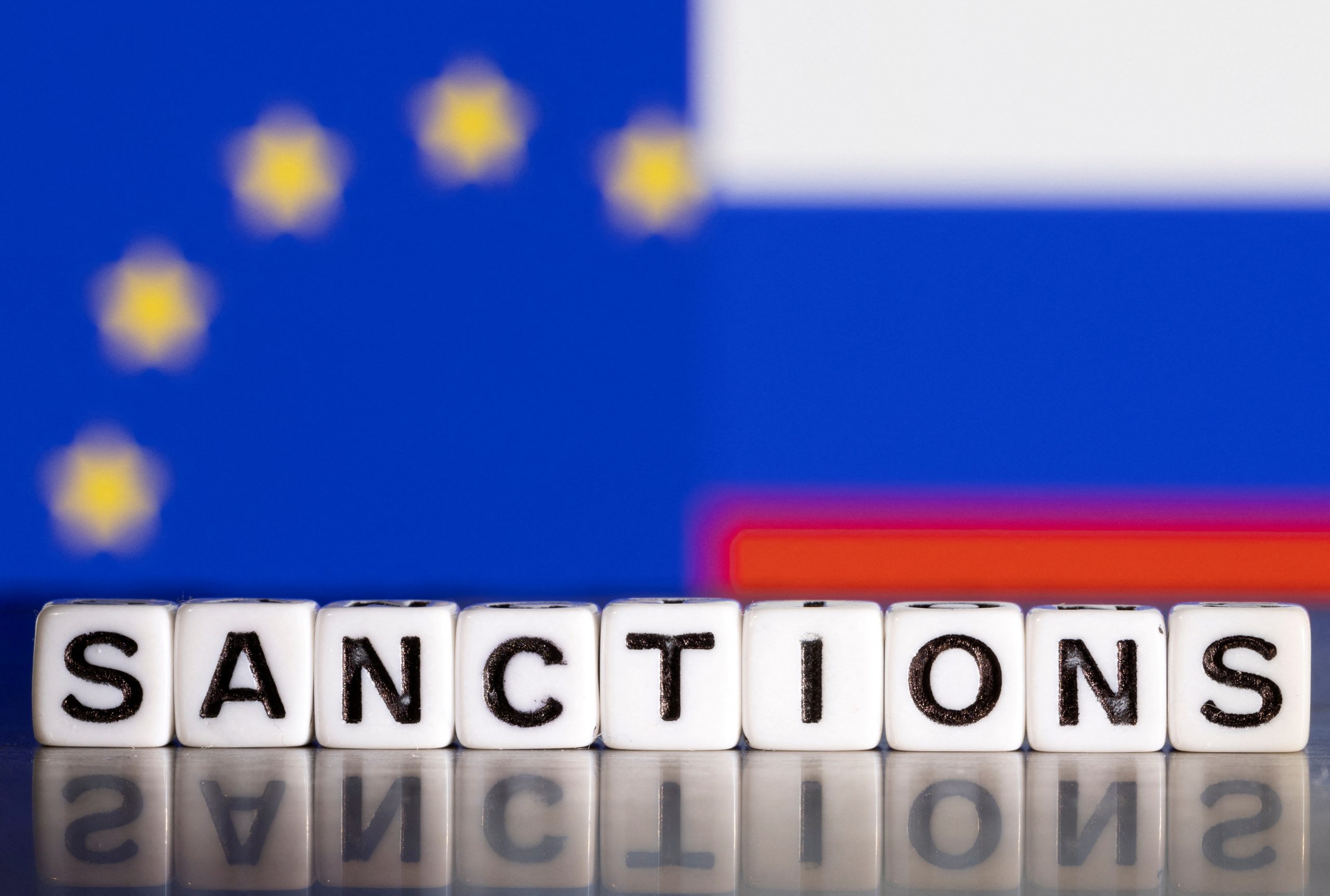Commodities
Bypassing sanctions is included in the list of criminal offenses in the EU

Bypassing European sanctions is included in the list of criminal offenses in the EUThe EU Council decided on Monday to include violations of EU sanctions in the list of criminal “offenses in the EU”.
“The EU has adopted an unprecedented European sanctions list targeting Russia’s economy (…). Their implementation requires joint efforts to achieve results, and today’s decision is an important tool to ensure that any attempts to circumvent these measures will be stopped,” said Czech Justice Minister Pavel Blazek, who holds the EU Council Presidency, as quoted in a communiqué published in Brussels.
Member states currently have different definitions of what is a violation of restrictive measures and what penalties should be imposed in the event of a violation, the document noted. “This could lead to varying degrees of sanctions and the risk of circumvention of these measures, potentially allowing sanctioned individuals to continue accessing their assets and supporting regimes against which EU measures are in effect,” the EU Council communiqué said.
It explains that listing violations of restrictive measures as “crimes in the EU” is the first of two steps aimed at making sure that sanctions are applied equally across the EU and deterring attempts to circumvent or violate EU measures.
This draft directive, Brussels reminds us, must then be discussed and adopted by the European Parliament and the EU Council.
Earlier we reported that the U.S. had decided to extract crude oil in Venezuela.
Commodities
Oil prices rise; U.S. crude inventories plunge, Russia-Ukraine truce eyed
Commodities
India’s Reliance to stop buying Venezuelan oil over US tariffs, sources say
Commodities
Oil prices climb on Venezuela supply worries

 Forex3 years ago
Forex3 years agoForex Today: the dollar is gaining strength amid gloomy sentiment at the start of the Fed’s week

 Forex3 years ago
Forex3 years agoUnbiased review of Pocket Option broker

 Forex3 years ago
Forex3 years agoDollar to pound sterling exchange rate today: Pound plummeted to its lowest since 1985

 Forex3 years ago
Forex3 years agoHow is the Australian dollar doing today?

 Cryptocurrency3 years ago
Cryptocurrency3 years agoWhat happened in the crypto market – current events today

 World3 years ago
World3 years agoWhy are modern video games an art form?

 Commodities3 years ago
Commodities3 years agoCopper continues to fall in price on expectations of lower demand in China

 Economy3 years ago
Economy3 years agoCrude oil tankers double in price due to EU anti-Russian sanctions

























